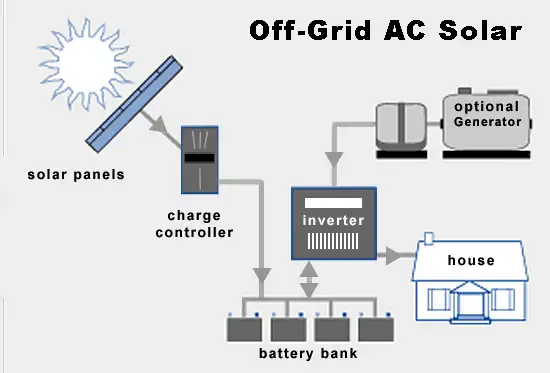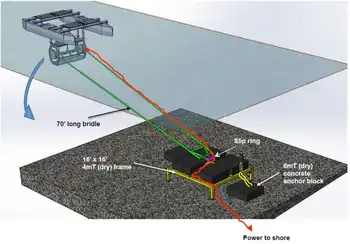Smooth the path to deregulation
By National Post
CSA Z463 Electrical Maintenance
Our customized live online or in‑person group training can be delivered to your staff at your location.

- Live Online
- 6 hours Instructor-led
- Group Training Available
In electricity, opinions and actions are far less harmonious. This is understandable, particularly from the U.S. perspective, where we have seen the California market implode, a major blackout in the Northeast, and widespread massive rate increases - more than 70% in Maryland, where I live.
The diversity of opinion is reflected in what different jurisdictions do. Some provinces, primarily Ontario and Alberta, have already opened parts of the electricity sector - "retail" sales to some customers and "wholesale" bulk deliveries to the utilities and other enterprises supplying those customers. Other provinces have kept one or both of the wholesale and retail sectors as regulated or Crown companies.
The United States' pattern is similar. The federal government has set rules for opening U.S. wholesale bulk markets but with no mandate to do so, leaving a patchwork of practices across the country. The individual states control retail markets, of which some have opened (perhaps Texas most successfully), some never did (mostly in the Southeast and Midwest), and some opting to go back to regulation (most recently, Virginia).
Why the difference across provinces and states? Some U.S. evidence suggests that initial moves to deregulate were made where electricity rates were relatively high, but it does not explain all of the difference. A second possibility is that some have it right and some are blinded by ideology, either for or against markets. A third is that nobody really knows how best to open electricity markets and, consequently, whether doing so is worth the trouble.
At the retail level, a fair question is whether consumers, particularly residential consumers, really want it. In Maryland, which has open markets, competitors to the traditional utilities make less than 3% of residential electricity sales. Competition is more successful in sales to larger commercial and industrial customers; among the biggest, almost 95% of the sales come from new competitors. Other factors might explain residential resistance - and the record is, admittedly, a little better in some provinces and states. One outstanding question: Do we do households a favour in forcing them to choose?
Electricity combines attributes that make opening markets difficult. First, if the power goes out, economic activity grinds to a halt and public health and safety are at risk. Second, electricity is too costly to store; what we use must roughly match what gets produced. Supplying electricity to meet peak demands is hugely more expensive than at low demand. In Ontario, the top 10% of capacity is called upon less than 0.5% of the hours during a year - not much time to recover costs.
These rare peaks can justify prices, during those few hours, that are 10 or more times usual rates, but the system becomes vulnerable to generators holding back electricity to drive prices up even more. This is why "smart meters" enabling real-time price variation can help electricity markets work. Ontario has taken steps in this direction, but even time-of-day pricing - when not tuned to actual market conditions - will not constrain demand in those few extreme hours when meeting peak demand is the most costly.
The third and most crucial aspect of electricity is its interconnectedness. Because generators share the same set of transmission wires, one supplier's failure to meet its customers' needs will cause the whole system to come down. With products like cars, customers can pay for reliability. With electricity, reliability is a collective service.
Central control to ensure reliability may be consistent with overall competition - think of air traffic control. But it could require so much co-ordinated planning that entrepreneurial spirit is stifled. This is particularly important if generation - the competitive part - has to be planned along with transmission, a regulated monopoly for the foreseeable future.
We can smooth the path to competition by focusing efforts on opening retail markets for large commercial and industrial users, which comprise up to two-thirds of the market. "Smart meters" that allow real-time pricing can promote reliability and reduce overall costs. Provinces worried about generation companies potentially exercising market power should focus on whether generators actually withhold electricity, especially at peak periods. To avoid tilting the playing field, they should follow Ontario and Alberta in seeking to keep control of regulated transmission and distribution out of the hands of generators.
The road to competition in electricity is far from straightforward. We are lucky to have many jurisdictions taking many paths, providing lessons from which we all can learn.















